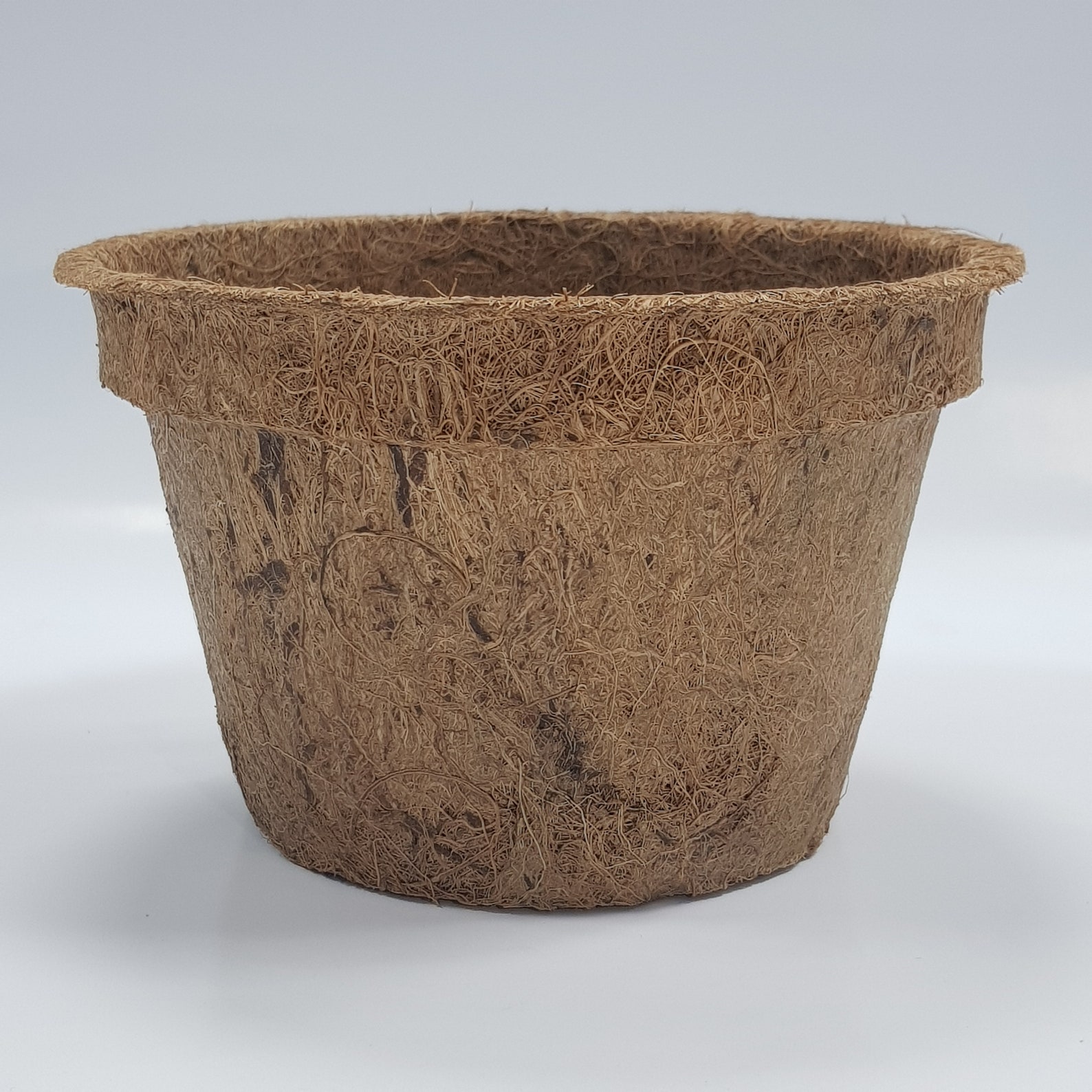Fiber pots for planting have gained immense popularity among gardeners due to their numerous advantages. These pots, made from natural materials like coconut coir, wood pulp, and bamboo, offer exceptional breathability, moisture retention, and durability, making them an ideal choice for healthy plant growth.
The unique composition of fiber pots promotes optimal root development, preventing root rot and fostering vigorous plant growth. They are particularly beneficial for plants that require well-aerated soil, such as succulents, herbs, and vegetables.
Benefits of Using Fiber Pots for Planting
Fiber pots, crafted from organic materials like coconut coir or bamboo, offer a multitude of advantages for plant cultivation. Their unique properties enhance plant growth and promote a healthy root system.
Breathability and Moisture Retention
The porous nature of fiber pots allows for excellent aeration, preventing waterlogging and promoting root respiration. The pots absorb and retain moisture, creating an optimal environment for root development and nutrient uptake. This prevents root rot and other moisture-related issues.
Durability and Environmental Friendliness
Fiber pots are highly durable, lasting for several seasons without breaking down. Unlike plastic pots, they do not leach harmful chemicals into the soil, making them an environmentally friendly choice. They are also biodegradable, reducing waste and contributing to a sustainable gardening practice.
Promoting Healthy Root Growth
The porous structure of fiber pots allows for unrestricted root growth, preventing circling and promoting a healthy, fibrous root system. This enhances nutrient absorption, water uptake, and overall plant vigor.
Suitable Plants for Fiber Pots
Fiber pots are ideal for various plant types, including:
- Vegetables: Tomatoes, peppers, cucumbers, beans
- Herbs: Basil, parsley, cilantro, mint
- Flowers: Geraniums, petunias, marigolds
- Trees and shrubs: Small- to medium-sized varieties, such as dwarf citrus trees, roses, and hydrangeas
Materials and Construction of Fiber Pots

Fiber pots are made from various plant-based materials, primarily coconut coir, wood pulp, and bamboo. These materials are processed and transformed into durable and eco-friendly containers for plants.
The manufacturing process of fiber pots involves several steps:
- Material preparation: The raw materials are collected and cleaned to remove impurities.
- Pulping: The materials are mechanically or chemically processed to create a pulp.
- Molding: The pulp is poured into molds of the desired pot shape and size.
- Drying: The pots are dried in controlled conditions to remove excess moisture.
- Finishing: The pots may undergo additional treatments, such as coating or sealing, to enhance their durability.
The quality and durability of fiber pots depend on the manufacturing process. Factors such as the type of material, the processing methods, and the quality control measures employed influence the pot’s strength, longevity, and resistance to wear and tear.
Environmental Benefits of Fiber Pots, Fiber pots for planting
Fiber pots offer significant environmental benefits:
- Biodegradability: Fiber pots are made from natural materials that decompose over time, reducing waste accumulation in landfills.
- Sustainability: The use of plant-based materials promotes sustainable farming practices and reduces the depletion of finite resources.
- Reduced plastic pollution: Fiber pots provide an alternative to traditional plastic containers, minimizing plastic waste and its harmful effects on the environment.
By choosing fiber pots, gardeners can contribute to environmental conservation and promote sustainable gardening practices.
Fiber pots are an excellent choice for planting as they are lightweight, durable, and promote root growth. These pots can be used to cultivate a wide variety of plants, including those that thrive in a nursery environment. For the best results, it is recommended to research the best plants for nursery and select species that are well-suited to the available space and climate.
By choosing the right plants and using fiber pots, you can create a thriving nursery that provides a healthy and supportive environment for your plants.
Fiber pots for planting offer eco-friendly and biodegradable alternatives to traditional plastic containers. Their porous nature promotes root aeration and drainage, contributing to plant health. As an extension of the idea of hanging plants in fiber pots, wall baskets for plants provide vertical gardening solutions that enhance both aesthetics and space utilization.
By suspending fiber pots on walls, gardeners can create living walls and maximize growing capacity in limited spaces. Ultimately, fiber pots for planting, whether used in hanging or wall-mounted arrangements, provide sustainable and versatile options for plant enthusiasts seeking innovative gardening solutions.
In the realm of sustainable gardening, fiber pots for planting emerge as an eco-conscious choice. Their biodegradable nature aligns with the principles of the Harry Allen Power Plant , a testament to renewable energy. These pots foster plant growth while minimizing environmental impact, allowing gardeners to cultivate a thriving oasis in harmony with the planet.